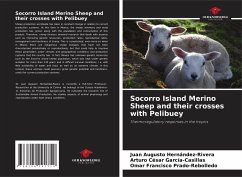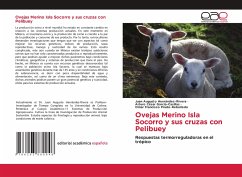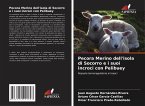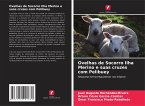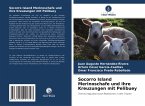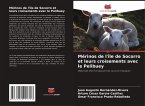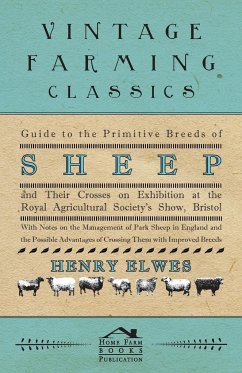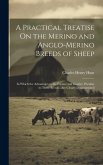Sheep production worldwide has been in constant change in relation to current production systems. At this time in Mexico, the sheep inventory and meat production has grown along with the population and consumption of this product. Therefore, sheep farmers demand research that deals with aspects such as improving genetic resources, production rates, reproductive rates, management and hardiness of sheep. This is complicated, even more so when in Mexico there are indigenous sheep biotypes that have not been characterized productively or reproductively, but that could help to improve these parameters under climatic and geographical conditions and production systems that the country has. In fact, Mexico has unknown genetic resources such as the Socorro Island sheep population, which was kept under genetic isolation for more than 135 years and in difficult survival conditions, i.e. with little availability of water and food, as well as an extreme climate. In this context, these animalscould possess great genetic potential and hardiness, useful for current production systems.
Bitte wählen Sie Ihr Anliegen aus.
Rechnungen
Retourenschein anfordern
Bestellstatus
Storno

